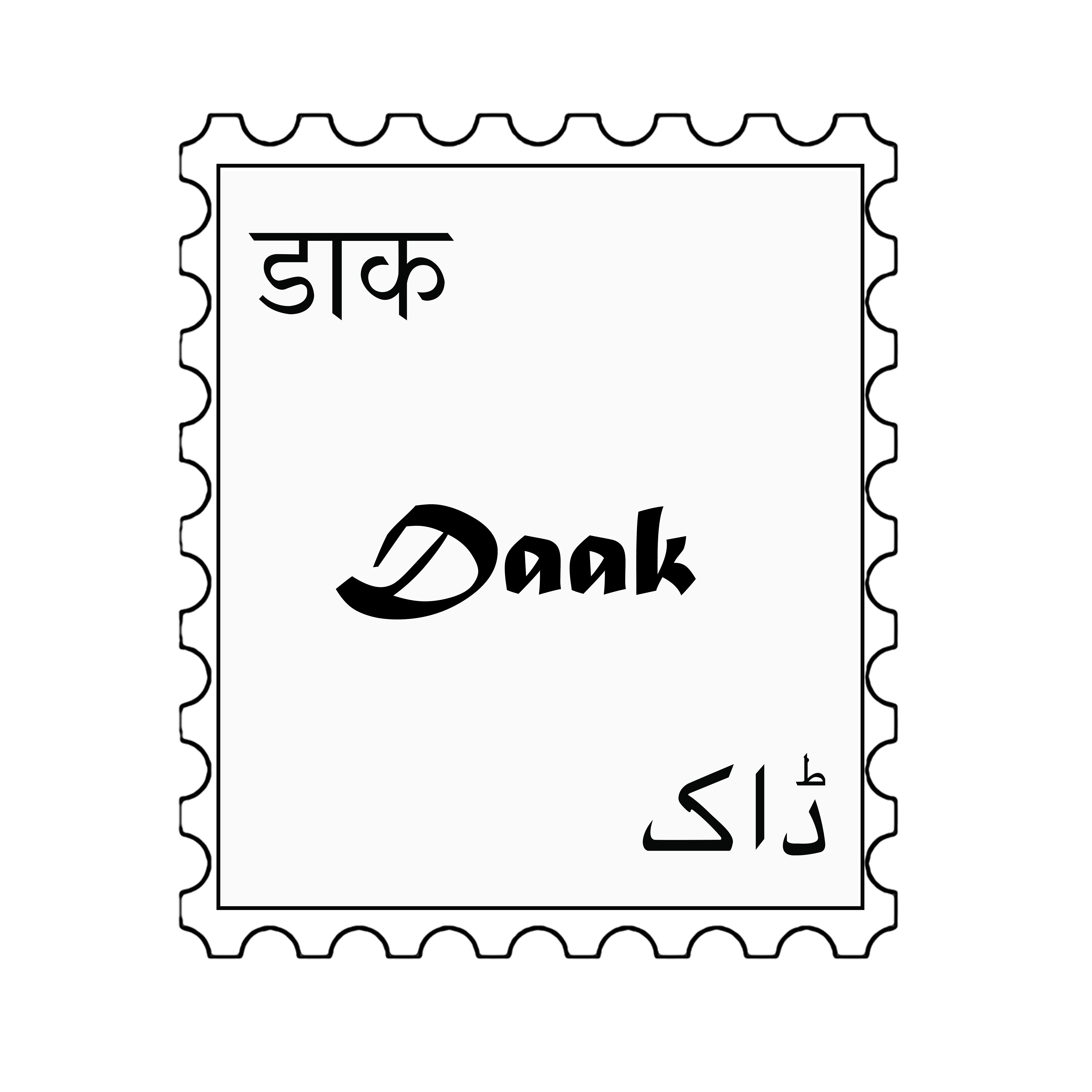
Gishaoun Ke Geet: Meeraji’s Translation of Songs of the Geishas
Mohammad Sanaullah Dar (1912 – 1949), better known as Meeraji, was an Urdu poet of Kashmiri-Punjabi origin. An unusual choice of name for an Urdu poet, one wonders how he came to adopt ‘Meeraji’ as his pen name. As an answer, we have a lovely legend associated with it. It is said that he fell in love with a Bengali lady, Meera Sen, who lived in Lahore.
Such was his devotion that even though people teased him with her name, he unabashedly chose to adopt it in his writing. Much like his name, his personality, lifestyle and sartorial choices were unusual for his time. He lived a bohemian lifestyle as a wanderer who did not settle. He wore his hair long, his moustache twirled and hoops in his ears. In his poetic style too, be broke tradition and was one of the pioneers of the blank and free verse style in Urdu poetry.
In his short life, Meeraji produced an abundance of literary output, an interesting segment of which we chanced upon recently. We found a selection of his essays titled Mashriq o Maghrib ke Geet (Songs of East and West). This collection is an introduction to global poets, including Walt Whitman, Alexander Pushkin, Charles Baudelaire , and Li Po, and translations of their work in Urdu. In the introduction to this compendium, Faiz Ahmed Faiz comments that this selection is “not merely a translation but a creation” (mehez tarjuma nahi, eejaad hai).
One delightful chapter translated by Maryam Iraj is devoted to the Japanese “Songs of the Geishas”. Creating an atmospheric context to the singing of these songs, Meeraji describes the accompanying instrument, as well as the themes of waiting and yearning associated with this poetry and a geisha’s life.
Tanhai
Main uthti hoon, aur dekhti hoon,
Main soti hoon, aur dekhti hoon,
Masehri ke pardon ki wussat mein khoyi hui hoon.//
Solitude
I wake up and watch,
I sleep and watch,
Lost in the vastness of the curtains of my canopy bed!
Neend Ke Dhokey
Ye sapnon ki mulaqaaten
Udaasi un pe chaai hai!
Achanak chaunk kar aankhein khuli jis dam.
Idhar dekha, udhar dekha,
Magar madoon thi wo baat, lakhta bhar
Chua jis ko.//
The Betrayal of Sleep
These dream encounters
A sadness prevails on them!
The moment, woke up suddenly,
Extinct was that conversation,
That fleeting touch!
The accompanying essay draws parallels between symbols in Hindustani poetry, like the motif of a koel, and unpacks the metaphors and use of words in the song. He also packs it with astute cultural observations like this one on the Japanese tendency towards restraint:
The tendency towards restraint is a common trend in Japan. For example, the constricting of feet for women (or foot-binding) is a fashion. From methods of constraining giant trees to artificially grow as dwarfed plants to forcefully bringing these human butterflies from the wide expanses of Japanese villages to be caged in a laborious life sentence at Yoshiwara, all this manifests a distinct taste for confinement.
Some of the translated songs are as follows:
Ikhtilaat
Yeh do dil, yeh khalwat!
Bohot door har ek se, zindagi se,
Khamoshi, sukoon se!
Woh kehti hai, ‘sunna, hawaon ka naghma.
Sanober ki shaakhen bhi lehra rahi hain.’//
Union
These two hearts, this intimacy
So far from anyone, from life
Silence, it is peaceful!
She says, “listen to the songs of the winds”
“the branches of Juniper are also swaying.”
Nanhe, sone lamhe
Gayi neem shab, jaag uthi neend se ab
Idhar dekhti hai, udhar dekhti hai?
Koi bhi nahi hai?
Faqat aur jhoola, aur daraaz aasteen ka
Idhar jhoolta hai, udhar jhoolta hai!//
Small, Golden Moments
Forgotten midnight
And she just rose from a deep sleep
Looking around, here and there
For no one was found
Only a swing stretched with arms open
Swaying back and forth
You can read the original essay in Urdu here and it’s translation here.

Leave a Reply